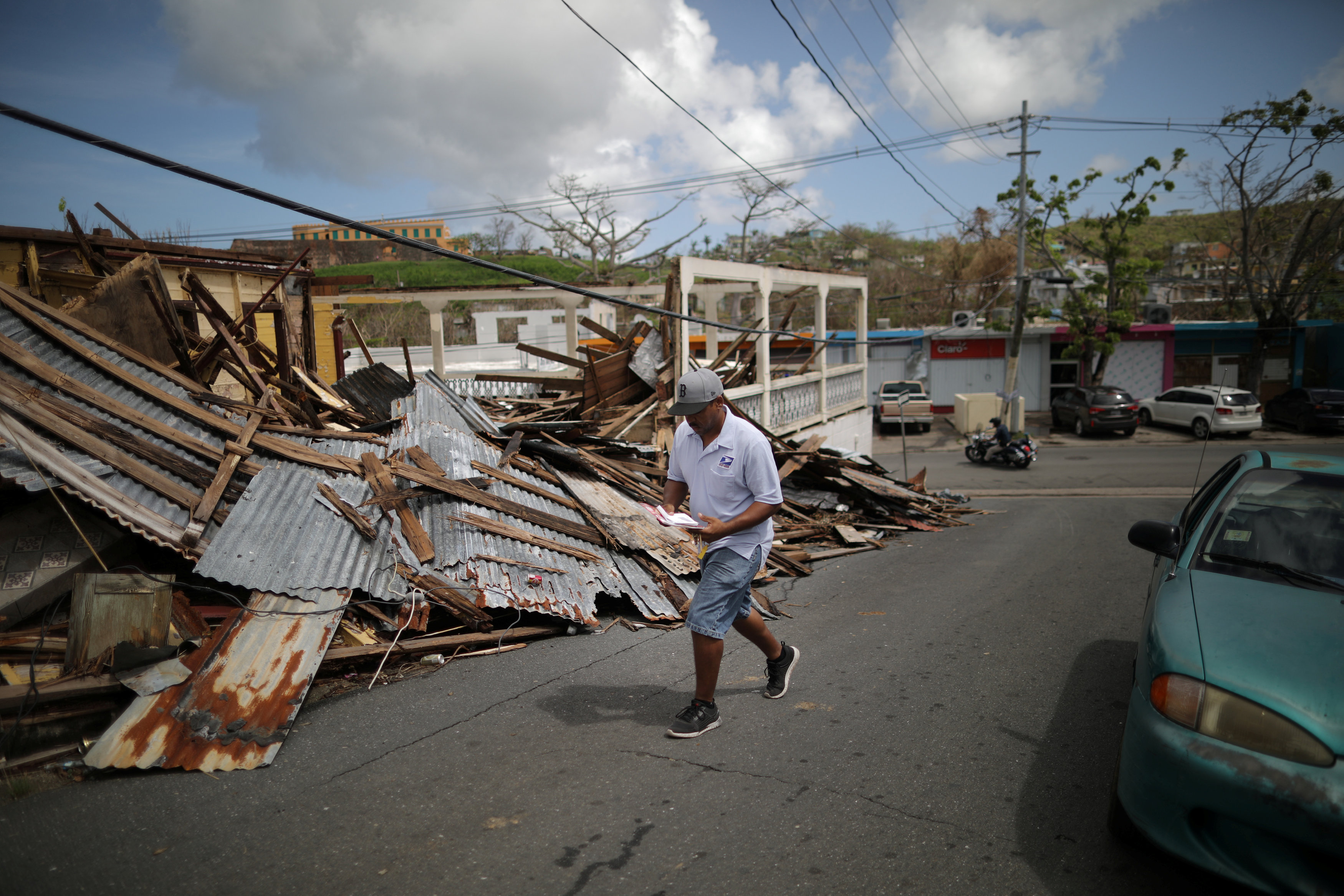
By Andrew Cawthorne and Francisco Aguilar
BARINAS, Venezuela (Reuters) – Tirelessly traversing the lethargic plains of Venezuela, a brother of former leader Hugo Chavez and an ally of a famous opposition detainee vie for votes.
The governorship race in Barinas state – the Chavez family’s stronghold – is the most emblematic of state elections taking place nationwide on Sunday just weeks after opposition-led protests that shook Venezuela and claimed at least 125 lives.
“At every rally, Hugo Chavez is out front, showing us the way,” enthuses Argenis Chavez, 59, an electrical engineer and incumbent governor, jumping on a bike and evoking his late elder brother at every campaign stop.
“In Barinas, defeating the government means defeating the Chavez family who have wielded power at whim for 18 years,” counters opposition rival Freddy Superlano, 41, wearing a shirt with the image of his arrested party leader Leopoldo Lopez.
This year’s prolonged protests failed to bring down the government of President Nicolas Maduro, but they hardened global opinion against the ruling socialists and led to U.S. sanctions.
Now, opposition leaders want their demoralized supporters to turn out en masse at the gubernatorial polls to overturn Maduro’s majority in 20 of Venezuela’s 23 states.
The government, in turn, wants to minimize seemingly inevitable losses, and trumpet the election as proof against accusations of autocracy in Venezuela.
“Look at our ‘dictatorship’ then: an election where most candidates are from the opposition!” Chavez ironically told Reuters, as red-shirted supporters danced around him at a rally.
With voters angry over a crushing economic crisis, polls show the opposition coalition would win handily in normal circumstances. One recent survey gave the coalition, which aspires to win 18 governorships, 44.7 percent of voter intentions versus 21.1 percent for the government.
SKEWED PLAYING FIELD?
Circumstances are far from normal in Venezuela, however, and the government has threatened to ban any candidates linked to violence in protests.
Furthermore, as in past elections during the ruling “Chavismo” movement’s 18-year grip on Venezuela, state resources are being mobilized heavily for official candidates.
Distribution of subsidized food at government rallies is commonplace, state-run companies lend transport for the events, and state media give Maduro’s candidates unfettered air-time. One opposition candidate’s brother has been arrested for alleged car theft in what the coalition says is an attempt to intimidate its ranks.
Perhaps the biggest disadvantage for the opposition is the electronic ballot sheet itself.
Despite primaries to choose a single opposition candidate per state from the plethora of parties within the Democratic Unity coalition, the pro-Maduro election board is declining to modify the ballot list to narrow it down to one name.
All initial candidates from before the primaries are listed on the ballot instead, something that could confuse opposition supporters and dilute their vote, benefiting the ruling Socialist Party’s candidates.
Further stoking opposition supporters’ skepticism, the election board is using a new vote machine provider after long-term partner Smartmatic accused it of inflating numbers in July’s controversial election of a Constituent Assembly super-body.
“OPPOSITION WANTS WAR”
On a walkabout in an unpaved shantytown on the outskirts of Barinas city, Superlano told Reuters government candidates were using helicopters to campaign while he and other opposition aspirants spent hours on the road to reach remote communities.
The government was also exploiting Venezuelans’ hunger, during a period of unprecedented scarcity, by handing out food bags in return for promises of votes, he said.
“It’s a macabre plan,” said Superlano, a lawmaker from Lopez’s Popular Will party who won the opposition primary in Barinas. “Even with all that, they are losing!”
Having dealt a hugely symbolic blow to “Chavismo” by winning five of six congress seats for Barinas in 2015 elections, the opposition now wants to end 18 years of nearly unbroken control of the governorship by Chavez family members.
While there is widespread discontent over food shortages, idle land and rising malnutrition in a fertile region that should be Venezuela’s bread basket, the government is running a rigorous campaign and painting Superlano as “the candidate of the violence” in reference to this year’s protests.
Maduro supporters say the opposition, backed by Venezuela’s elite and the U.S. government, is intent on taking power by force to seize control of the nation’s oil riches.
“They want war for Venezuela. We want peace,” said 65-year-old retiree Ramon Alvarran, proudly wearing a red T-shirt depicting the eyes of Hugo Chavez at a rally for his brother.
Elsewhere though, resentment against Maduro is palpable.
“My kids don’t have a crumb in their stomachs yet today,” said Daris Gonzalez, 36, whose three children had not eaten by lunchtime. Like many in her poor and once staunchly “Chavista” neighborhood, Gonzalez is now leaning toward the opposition.
“There has to be change. We cannot go on like this.”
Offsetting such sentiment, many young grassroots opposition supporters feel their leaders have sold out – and betrayed the memory of slain protesters – by entering an election on an unfair playing field. Abstentions could hurt their numbers.
Should the opposition triumph on Sunday, the government can limit the impact by restricting funding and taking authority away from the governors’ offices, as it has done in the past when offices have fallen to opponents.
Any overt dirty tricks, however, risk bringing more international sanctions or torpedoing an already fragile, foreign-led mediation with the opposition that Maduro needs to improve his international image.
Following the gubernatorial election, the opposition wants to shift attention to demanding a date, and guarantee of free conditions, for the 2018 presidential election to advance their ultimate goal of ending socialist rule.
“People are very angry and their anger has a face: Maduro,” said Carlos Ocariz, an opposition candidate trying to hold Miranda state for the opposition against a rising star on the government side, Hector Rodriguez.
(Reporting by Andrew Cawthorne and Francisco Aguilar; Editing by Alexandra Ulmer and Tom Brown)










